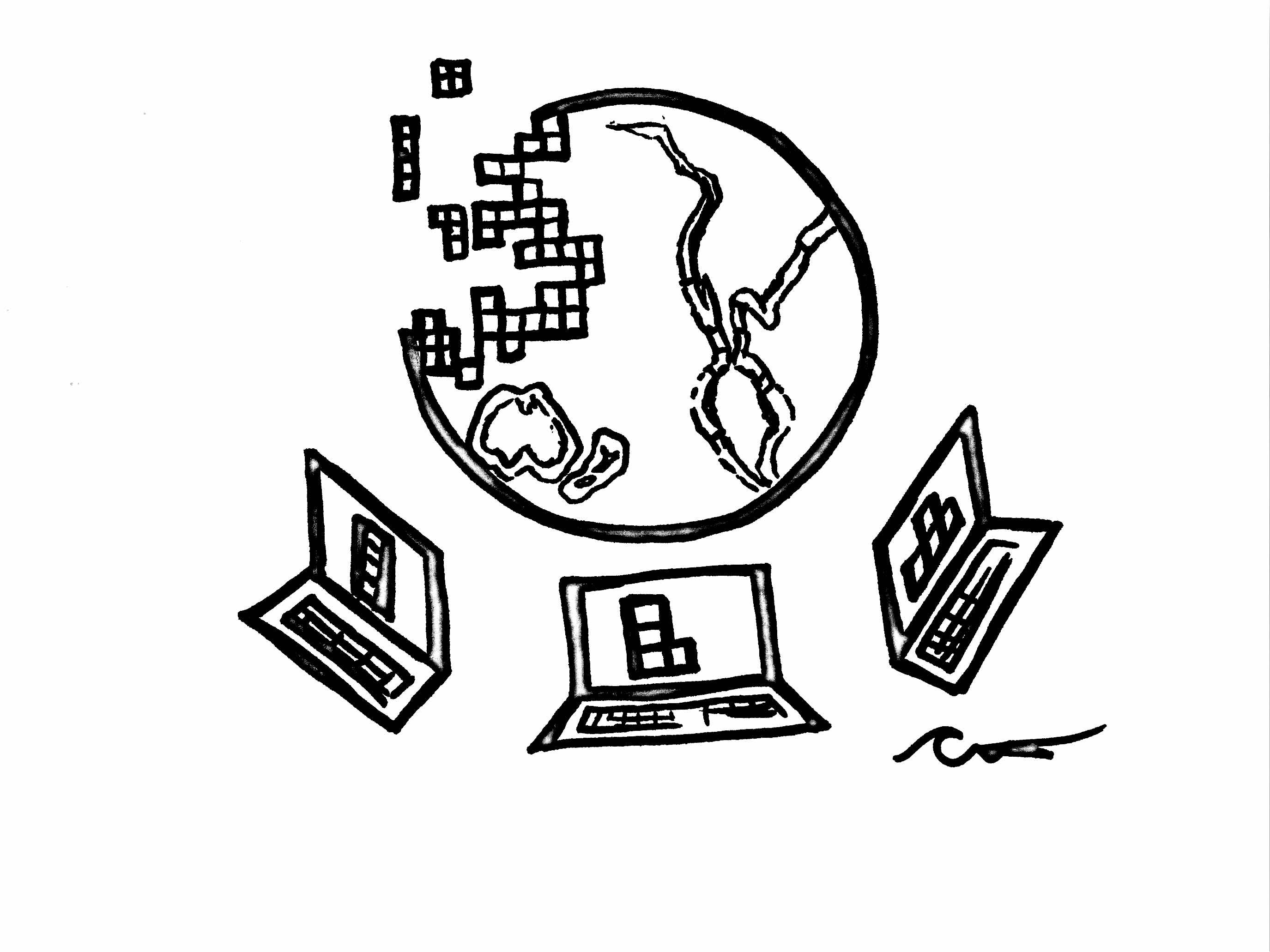Our Ocean Health Index team works with R, RStudio, Git, and GitHub — even to build this website.
Resources
These resources helped us learn open data science practices and tools. They are developed and used by a welcoming, inclusive community and are all available online for free.
- We also created an Introduction to Open Data Science hands-on training book to teach the collaborative, reproducible, open practices we describe in Lowndes et al. 2017.
These references in the academic literature and media discuss the importance of open data science tools in science.
Learn in an intentional way
Use online resources for self-paced learning
Online resources like books, tutorials, slide decks, archived webinars, and presentations provide in-depth philosophies and hands-on examples great for initial learning as well as for reference later on.Learn together by joining and/or creating communities
Discuss academic articles or watch webinars during lab meetings, journal clubs, lunch, or happy hours. Additionally, join or keep tabs on communities online.Ask for help
Expect that someone has already asked your question and learn to look for what they asked and which responses seem useful. Copy-paste your error messages directly into Google.
Attend in-person workshops and conferences
Take a bootcamp to learn skills for research computing, and attend conferences both for skill-building and to see examples of how others use these tools.Read blogs
There are many individuals who blog about open data science concepts,Rpackages, workflows, etc. Try Googling a package you’re using, or going to the website of someone you are following on Twitter.
Community
We are passionate about building the environmental data science community!

We think that with existing data science tools and open practices, together we can find environmental solutions more efficiently.
We are proud members of the rOpenSci, RStudio, R-Ladies, and #rstats communities.
You can also check out our skill-sharing and community-building study group: eco-data-science.
Follow us on Twitter: